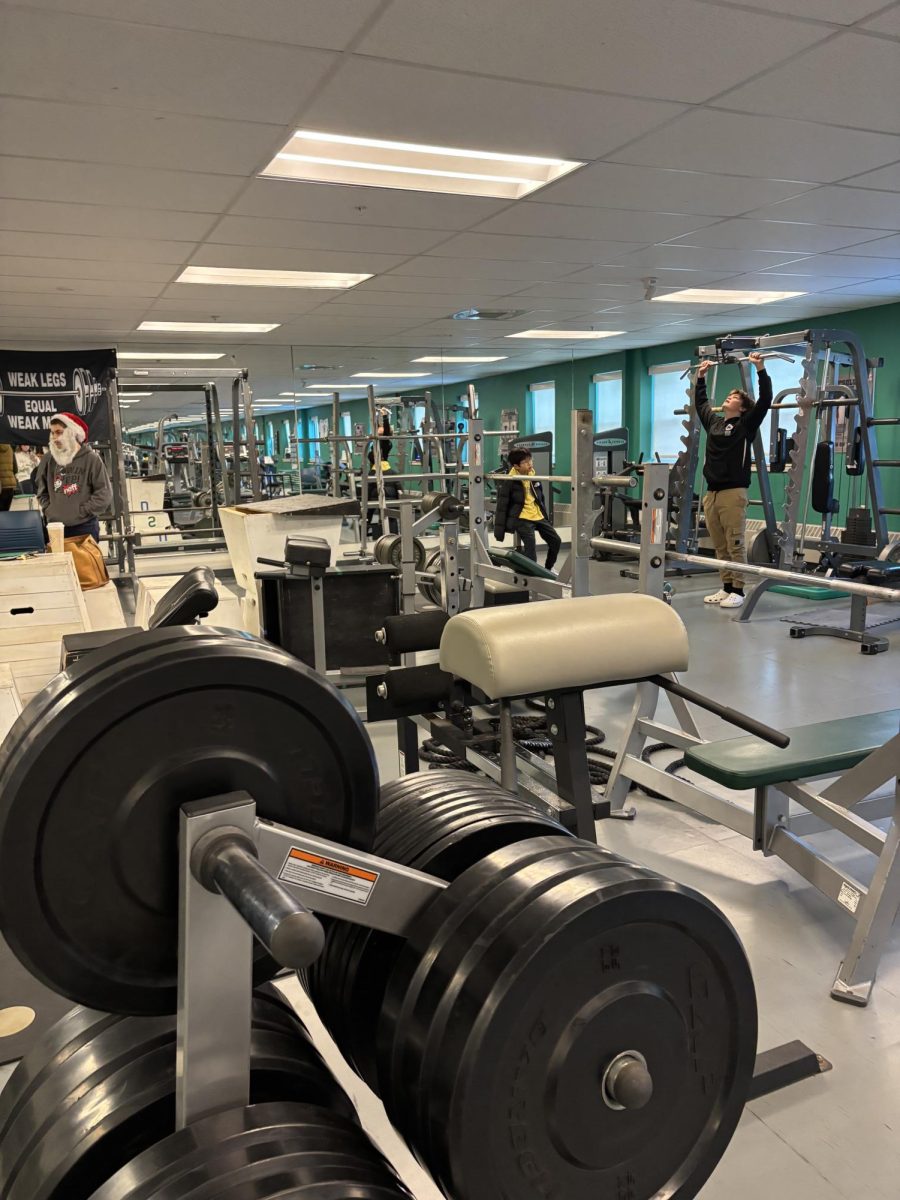How Technology is Against Humanity
And the True Risk it Poses for our Future
March 24, 2022
Technology.
The relevance and importance that word holds is exponential, as it has shaped our entire world as we know it. Ever since the Industrial revolution, and more recently the invention of the computer, our world has fundamentally changed entirely within half a century. Although it sounds like a miracle, that so much progress has been made due to AI and computer technology, a change this rapid and deep in society, economy, and even human behavior has drastically changed the way individuals operate. We are here to disclose the information that can lead one to a decision of whether this quick switch in the world is truly a change to revel in and place our trust within.
As we have developed a society that operates predominantly with technology and almost revolves around it, humanity has improved quality of life drastically. The United States is a good example, and will be the focus of this dilemma. Technology has created easy and fast transportation, ease of access to foods across the globe, and specifically now, is able to create a full education from home, as well as jobs. In the time of a global pandemic, this is extremely beneficial and necessary. With this said, all of these improvements seem too good to be true, right? Well, that really is the case.
With short term benefits for the next few generations, long term and more drastic detriments will come in the foreseeable future. To begin, however, let us provide the problems affecting us right now involving technology. According to marketingcharts.com, around 70% of millennials say that tech is creating a lazy society, and corrupting interpersonal communications.
I encourage you to try and visualize this in your own life, as it happens without a doubt. Especially in teens, more text conversations are outputted than ever before. Over text, emotion, facial expressions and other subtle aspects of real communication and speech are not present, creating a society that is inept at real conversation. This unintentionally develops severe issues in communication skills in adolescents. Problem solving skills in children are also stunted. An article from CNA Associates describes the dilemma, “For instance, the child might be reliant on a device to solve problems for them rather than using brain connections to work through a problem and find a solution”. With a society that breeds new generations into being unable to communicate properly, and avoid social interactions, where will it lead us?
As technology is more useful and normal to us, we inadvertently become more dependent on it. As we are moving less, exercising less, and traveling less due to a lack of a need for it, it negatively affects health. According to an NBC News report, for every 10% rise in countries spending on information/communication technology, there is a 1% increase in obesity rates. Not only that, but as tech has grown from the early 2000’s to now, obesity rates in most countries have skyrocketed, in the tens of percent.
Technology is the source of all media now, and as most know, online media can come from anywhere, and anyone. Many absurd viewpoints and conflicts arise from people in different areas of the world receiving different search results pertaining to their interests and ideals. This divides societies and politics even more. Although it makes our lives “easier”, what is it really doing to our development, communication skills, physical/mental health, and stability? It seems as technology becomes more advanced, humanity themselves create a reliance that causes a decrease in functionality. Is this what we really want?
Even though technology creates many potential careers for our economy, it is also doing the opposite, and at a larger detriment. Jack Kelly, a senior contributor at Forbes discusses this problem, with statistics from the World Economic Forum (WEF), “The organization cites that automation will supplant about 85 million jobs by 2025”. Most of these jobs include labor, such as banking, services employees, factory workers, and office staff. These people, and especially ones that have trouble getting a degree, will have to find work elsewhere, or displace their talents for other jobs.
AI is expected to keep improving, and as companies only want profit, they will always implement newer technologies to keep as few people on payroll as possible. With no potential law or plan to keep companies from doing this, AI will literally take over the workforce. This could leave quality of life and economies in jeopardy for the future, and it is a main concern.
With this said, it is not impossible to retain the best parts of technology, while still maintaining its usage and creating a balance. Technology is still improving, and without it, we would not have such ease of access to resources and opportunity.
All we can do is try our best, even as individuals, to become less reliant on our electric needs in order to create this balance. Try not to pick up your cell phone unless you really have to, and don’t rely on the internet to solve all of your problems. The best solution is to teach the youth how to manage their technology, and learn the dangers of its potential, rather than using it for everything. The newer generations are the ones that will remain with the technology the previous generation created, and must handle it with care, understanding it’s true power; if the sun were to emit a solar flare tomorrow, and all technology on earth was fried, what would we do? Using technology as a tool is the goal, but reliance will inevitably lead to humanity’s downfall.



































Mr Bilica • Mar 28, 2022 at 9:43 am
I disagree with the premise. See this article: https://hbr.org/2021/11/automation-doesnt-just-create-or-destroy-jobs-it-transforms-them
Mrs. Raymond • Mar 24, 2022 at 10:11 am
Very well written article! What you said is so true.